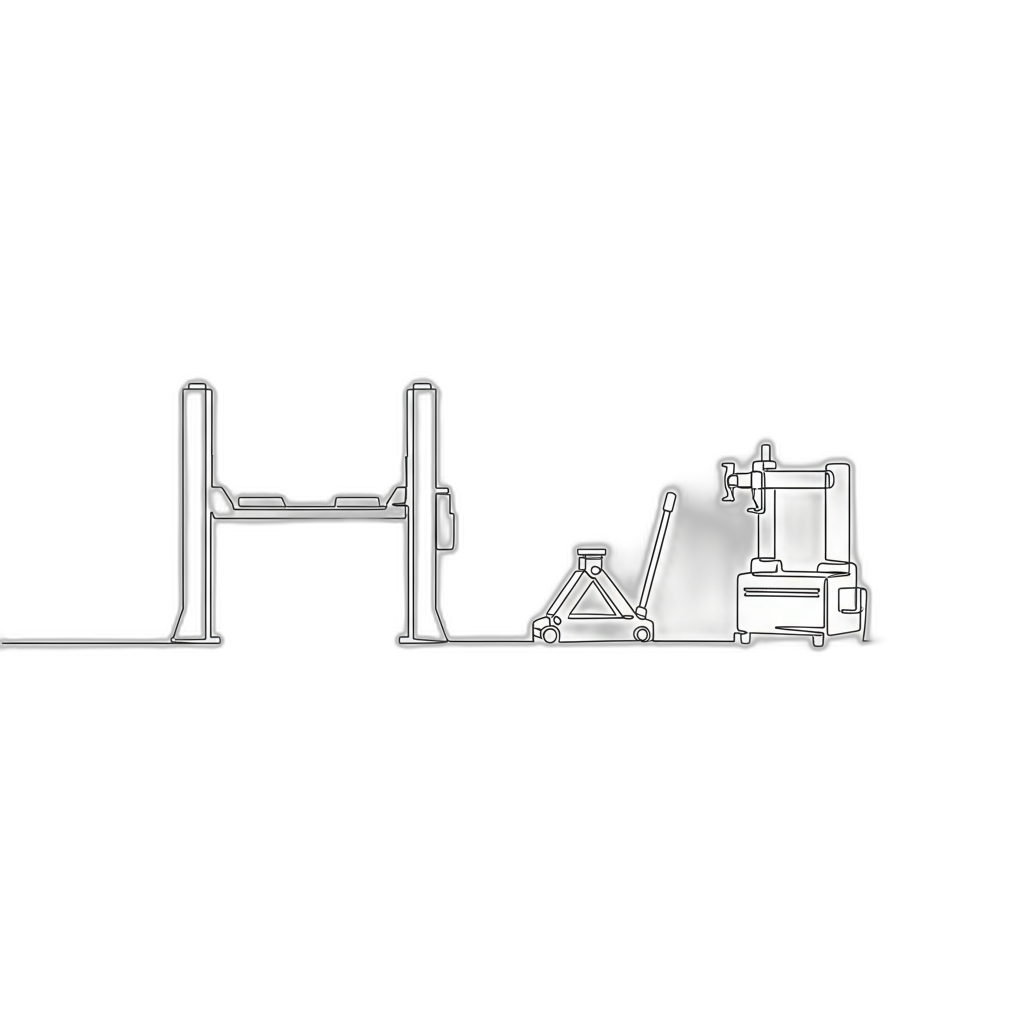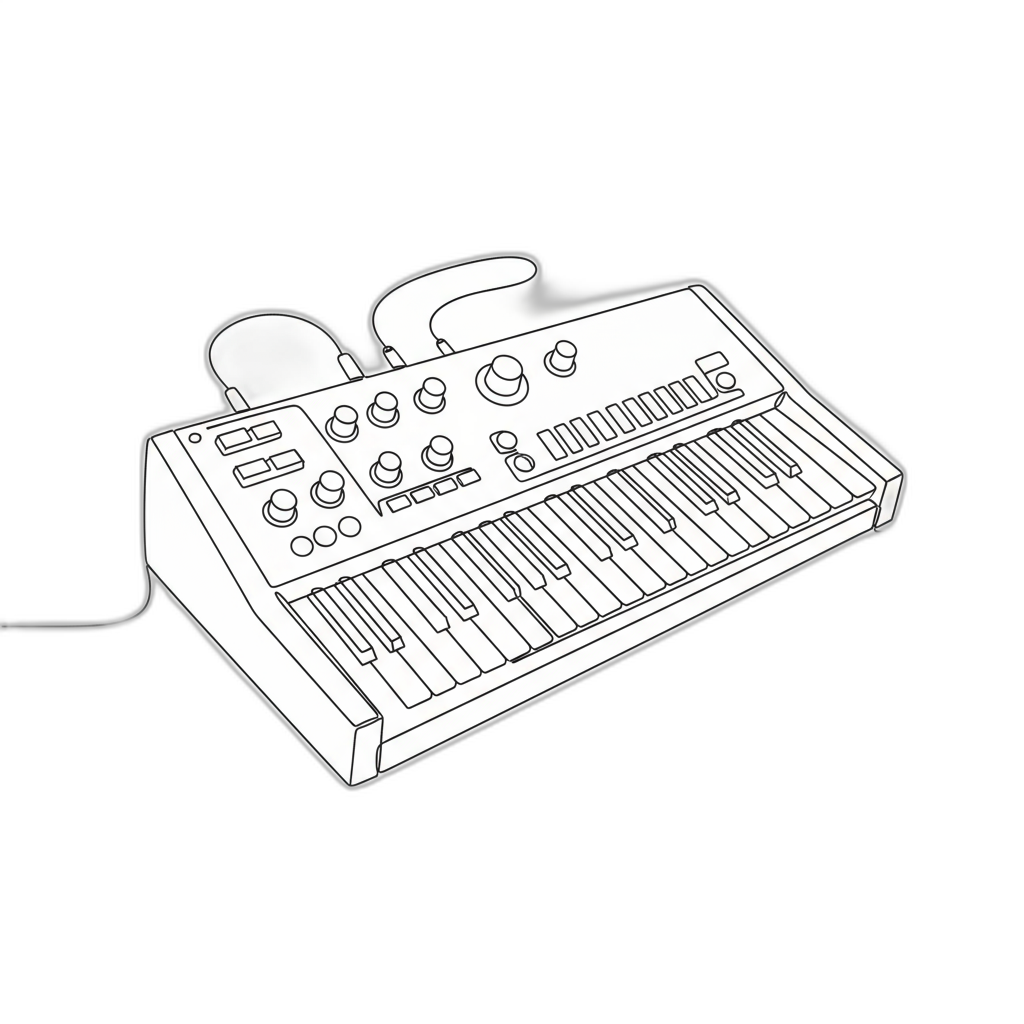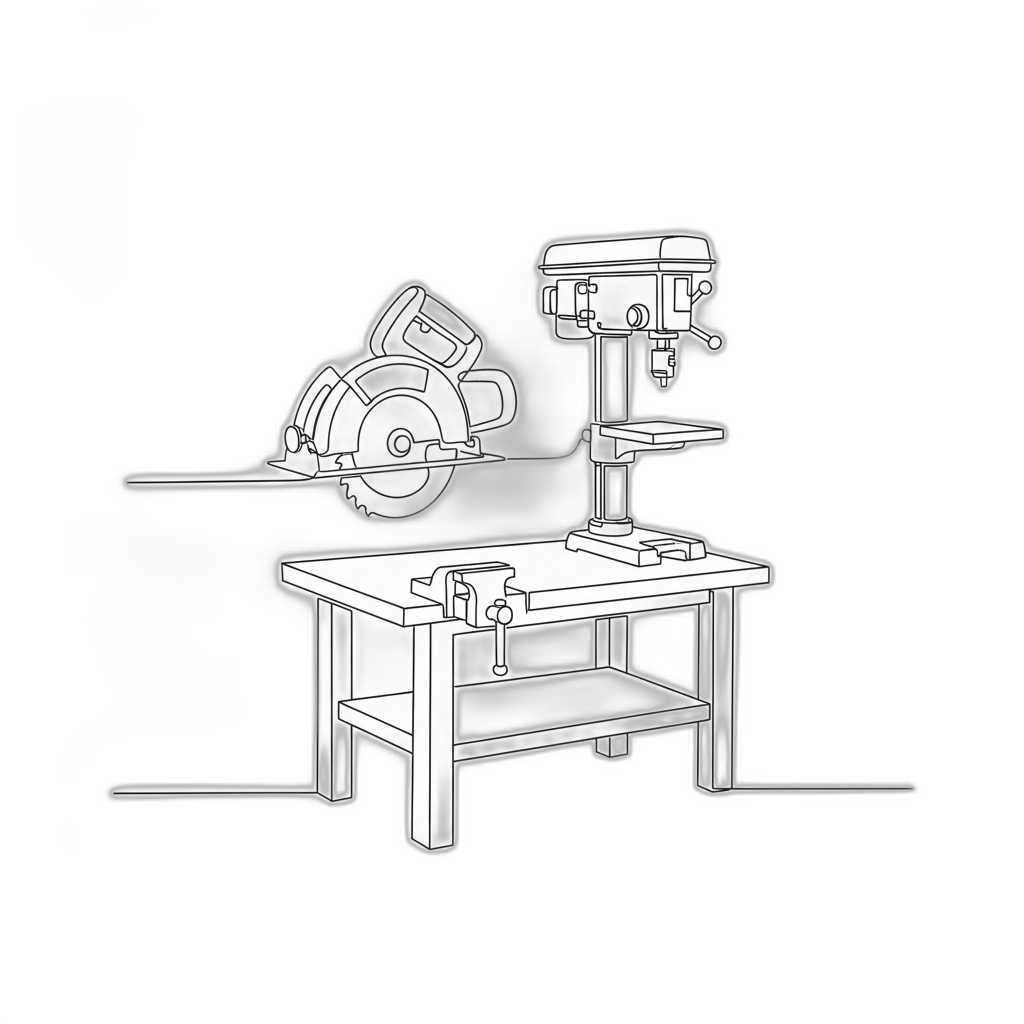






5-Star Service, Trusted & Loved by Hundreds
Your Appraiser Search Ends Here
Your Appraiser Search Ends Here
.avif)

Nationwide Coverage – Appraisals Anywhere in the US

Get it done Onsite or Online

Any Asset, Covered

Defensible for Any Purpose
Frequently Asked
Questions
No Frequently Asked Questions Found.
The program operates through a carefully structured system of payroll taxes, where current workers and their employers contribute funds that directly support present and future beneficiaries. This self-sustaining model ensures that individuals who pay into the system can expect financial support during retirement, in case of disability, or for their dependents in the event of their death.
Social Security encompasses four primary components: Old-Age Insurance, which provides monthly benefits to retirees; Disability Insurance, offering financial support to those unable to work due to medical conditions; Survivors Benefits, which assist family members of deceased workers; and Supplemental Security Income, a need-based program supporting low-income elderly, blind, or disabled individuals.
Beyond its immediate financial support, Social Security plays a pivotal role in reducing poverty among older adults and providing a critical safety net for vulnerable populations. The program continues to evolve, with ongoing discussions about its long-term sustainability and potential reforms to meet changing societal needs. Understanding its structure and benefits remains essential for individuals planning their financial futures and navigating life's complex economic challenges.
The primary purpose of obtaining an appraisal relates to establishing precise documentation of asset values. Social Security administrators require clear, objective evidence of an individual's financial standing, and a professional appraisal provides exactly that. This process helps determine eligibility for various benefit programs, particularly Supplemental Security Income (SSI), where resource limits are strictly defined.
Asset valuation becomes especially important when accounting for real estate, personal property, and other significant holdings. An independent appraisal offers an unbiased evaluation that reflects current market conditions, eliminating potential discrepancies that could impact benefit calculations. This ensures that applicants receive fair consideration based on their true financial circumstances.
Documentation plays a critical role in the Social Security application process. A professionally conducted appraisal provides concrete evidence that supports claims about asset values, potentially expediting the review and approval process. This becomes particularly valuable when dealing with complex financial situations involving multiple assets or changing economic conditions.
Financial landscapes can shift rapidly, making periodic appraisals essential. Changes in property values, inheritance, or personal assets can significantly impact Social Security benefit eligibility. Regular, up-to-date valuations allow individuals to maintain accurate reporting and ensure continued compliance with program requirements.
Moreover, certain legal and administrative scenarios may explicitly require formal asset appraisals. These might include divorce proceedings, estate settlements, or addressing financial hardship claims. In such instances, a professional appraisal serves as an authoritative document that protects an individual's interests and provides clear, objective information.
By approaching Social Security benefits with a comprehensive understanding of asset valuation, individuals can navigate the system more confidently and effectively, ensuring they receive the most accurate assessment of their financial resources.
Professional certified appraisers utilize sophisticated methodologies to analyze machinery value, considering multiple critical factors. These include equipment age, current condition, operational performance, maintenance history, technological relevance, and prevailing market conditions. By incorporating detailed examinations of physical attributes and economic context, appraisers can generate an accurate and defensible valuation.
The appraisal process typically involves three primary valuation approaches: cost, market, and income. The cost approach evaluates replacement expenses while accounting for depreciation. The market approach compares similar equipment transactions to establish fair market value. The income approach estimates potential future economic benefits generated by the machinery.
Key considerations during an equipment appraisal extend beyond simple numerical calculations. Appraisers carefully assess unique characteristics like specialized modifications, technological capabilities, and potential obsolescence. They also examine maintenance records, operational efficiency, and broader industry trends that might influence asset value.
The resulting comprehensive report serves multiple strategic purposes. It provides crucial documentation for financial transactions, insurance coverage, tax planning, potential sales, mergers, and internal asset management. By offering an objective, professional evaluation, equipment appraisals enable businesses to make informed decisions about their capital assets.
Ultimately, an Equipment & Machinery appraisal delivers more than just a monetary figure. It provides a nuanced understanding of an organization's technological infrastructure, supporting strategic planning and financial transparency.
When photographic documentation requires supplementation, professional appraisers leverage video conferencing platforms to conduct live consultations. These virtual interactions enable real-time discussions about equipment specifics, allowing for a more nuanced evaluation of complex machinery or specialized assets. Such remote assessment methods can significantly reduce time and travel expenses associated with traditional in-person appraisals.
The effectiveness of online appraisals depends on several critical factors. High-resolution, well-lit photographs that capture multiple angles and key mechanical details are essential for accurate initial assessments. Clients should be prepared to provide comprehensive documentation, including maintenance records, operational history, and any unique modifications or features that might impact the equipment's value.
While online appraisals offer remarkable convenience, they are not universally applicable. Certain highly specialized or intricate equipment may still require in-person examination to ensure a comprehensive and precise valuation. Professional appraisers will typically indicate when a remote assessment is insufficient and an on-site inspection becomes necessary.
Clients should always verify an appraiser's professional credentials and ensure the evaluation meets industry standards, particularly the Uniform Standards of Professional Appraisal Practice (USPAP). This diligence guarantees the reliability and credibility of the appraisal for potential uses such as financial reporting, insurance claims, or resale considerations.
Different types of equipment appraisers emerge from specific industrial domains, each bringing targeted expertise to the valuation process. Construction equipment appraisers evaluate heavy machinery like excavators and cranes, understanding regional development trends and equipment performance characteristics. Manufacturing equipment specialists focus on production machinery, analyzing technological complexity, usage history, and potential productivity impact.
Agricultural equipment appraisers examine farming machinery with nuanced understanding of seasonal productivity and technological advancements. Medical equipment professionals navigate intricate healthcare technology landscapes, assessing sophisticated diagnostic and surgical instruments. Transportation equipment experts evaluate vehicles and logistics equipment, considering depreciation rates and market demand dynamics.
Heavy equipment appraisers bring specialized knowledge to complex industrial machinery used in sectors like mining and energy. Technology equipment specialists track rapid technological evolution, providing critical insights into rapidly depreciating digital assets and communication systems.
Each appraiser type represents a unique intersection of technical knowledge, market understanding, and industry-specific insights. Their professional assessments provide crucial information for business decision-making, asset management, insurance purposes, and strategic planning across multiple economic sectors.
Insurance coverage represents a primary driver for professional appraisals. An accurate valuation ensures precise protection against potential losses, preventing both underinsurance vulnerabilities and unnecessary premium expenditures. By establishing a credible baseline for asset worth, organizations can design insurance strategies that are both protective and cost-effective.
Tax compliance represents another compelling rationale for equipment appraisals. When donating high-value machinery or equipment, a professional assessment becomes essential for substantiating tax deduction claims. These documented valuations provide the necessary transparency to satisfy regulatory requirements while potentially maximizing financial benefits.
Financial reporting demands rigorous asset valuation. Appraisals offer a clear, defensible representation of equipment value on balance sheets, enabling more sophisticated financial analysis. This transparency becomes particularly crucial when attracting investors or securing lending, as financial institutions rely on precise asset assessments to evaluate collateral and organizational health.
Legal proceedings frequently necessitate objective equipment valuations. During complex scenarios like partnership dissolutions or divorce settlements, a professional appraisal provides an impartial benchmark for asset division. The documented valuation serves as a credible reference point for negotiations, potentially mitigating potential conflicts.
Transaction dynamics also benefit significantly from professional appraisals. Whether purchasing or selling machinery, an independent valuation establishes a fair market baseline. This approach fosters trust between parties, facilitates more transparent negotiations, and helps prevent potential disputes arising from subjective price perceptions.
Strategic asset management represents the most forward-looking benefit of equipment appraisals. Regular assessments provide insights into asset depreciation, replacement timing, and potential upgrade opportunities. By understanding the precise value and condition of existing equipment, organizations can make more intelligent decisions about resource allocation, technological investments, and long-term operational planning.
Ultimately, a professional equipment and machinery appraisal transcends mere number-crunching. It represents a sophisticated tool for financial governance, risk management, and strategic organizational development.
What Makes Equipment Appraisals Crucial for Social Security?
Equipment appraisals are a critical component in the Social Security application process, providing essential insights for individuals seeking benefits due to disabilities or financial challenges. These professional assessments offer comprehensive evaluations that can significantly impact an applicant's eligibility and support.
Key Reasons Equipment Appraisals Matter in Social Security Applications
1. Precise Financial Valuation
- Provides an unbiased, professional estimate of equipment and machinery assets
- Helps the Social Security Administration (SSA) accurately assess an applicant's financial standing
- Determines whether an individual meets specific asset limit requirements
2. Comprehensive Eligibility Documentation
- Supports applications for Social Security Disability Insurance (SSDI)
- Assists in Supplemental Security Income (SSI) claim evaluations
- Offers transparent evidence of an applicant's current financial resources
3. Detailed Loss and Damage Reporting
- Documents equipment losses from accidents or natural disasters
- Provides credible evidence of potential financial hardships
- Strengthens claims related to diminished capacity or unexpected expenses
4. Strategic Appeal Support
- Creates comprehensive reports with in-depth asset analysis
- Includes comparisons, depreciation explanations, and item condition assessments
- Offers robust documentation to challenge initial claim denials
By delivering accurate, professional assessments, equipment appraisals play a pivotal role in ensuring individuals receive appropriate Social Security support tailored to their unique circumstances.
The Valuation Process: Precision Matters
Understanding the Equipment and Machinery Valuation Process
Navigating the valuation process for equipment and machinery appraisals is crucial, especially when addressing social security purposes. Accurate valuations ensure that assets are precisely represented, directly impacting potential financial benefits and claims.
Comprehensive Inspection: The Foundation of Valuation
The valuation process begins with a meticulous examination of the equipment or machinery. Key aspects of this inspection include:
- Assessing physical condition and overall integrity
- Evaluating functional capabilities
- Determining operational capacity
- Identifying potential for future use
Market Analysis and Comparative Valuation
Appraisers conduct an in-depth market analysis by examining:
- Recent sales of comparable machinery
- Equipment age and manufacturer details
- Technological relevance
- Current market demand
Specialized Valuation Methodologies
Multiple approaches are utilized to determine precise equipment value:
- Cost Approach: Calculates replacement cost minus depreciation
- Income Approach: Evaluates potential revenue generation
Comprehensive Reporting
The final stage involves creating a detailed report that includes:
- Detailed valuation methodology
- Comprehensive market data analysis
- Conclusive value determinations
- Compliance with regulatory standards
Precision in the valuation process is paramount. An accurate appraisal not only reflects the true value of equipment and machinery but also protects financial interests when interfacing with social security and financial assistance programs.
Which Equipment Typically Requires Appraisal?
Categories of Equipment Requiring Professional Appraisal
When seeking an appraisal for equipment and machinery, understanding the types of assets that require evaluation is crucial. These appraisals serve multiple purposes, including establishing value for Social Security applications, insurance claims, and legal matters.
Heavy Machinery
- Excavators and Bulldozers: Critical for construction and demolition, these assets often represent significant financial investments requiring careful assessment.
- Cranes: Their operational complexity and high initial cost make them prime candidates for comprehensive valuation and depreciation analysis.
Manufacturing Equipment
- Lathes and Milling Machines: Essential tools in machining and manufacturing that demand precise market value determination.
- Presses and Fabrication Tools: High-value industrial equipment critical for accurate financial reporting and insurance purposes.
Agricultural Equipment
- Tractors and Harvesters: Key assets that play a vital role in farm operations and financial planning.
- Irrigation Systems: Specialized equipment whose value reflects technological sophistication and productivity contributions.
Medical Equipment
- Diagnostic Machines: Expensive technological investments like MRI and CT scanners require meticulous valuation for insurance and resale purposes.
- Surgical Instruments and Tools: Precision equipment whose value depends on condition, market demand, and technological relevance.
IT and Communication Equipment
- Servers and Networking Gear: Technology assets that experience rapid depreciation, necessitating frequent and accurate valuations.
- Telecommunication Equipment: Critical business infrastructure requiring regular financial assessment.
Recognizing equipment that requires professional appraisal enables more informed financial decisions and smoother administrative processes. Professional guidance ensures accurate, reliable valuations tailored to specific needs.
Navigating the Equipment Appraisal Journey
Navigating an equipment and machinery appraisal for Social Security purposes requires strategic preparation and a clear understanding of the evaluation process. This comprehensive journey involves several critical steps to ensure accurate asset valuation.
Key Stages of Equipment Appraisal
- Initial Equipment Identification
- Collect comprehensive details about the equipment
- Document make, model, and manufacturing year
- Assess current physical condition
- Gather any existing previous appraisal documentation
- Professional Appraiser Selection
- Choose experts specialized in specific equipment types
- Verify professional credentials and industry experience
- Ensure appraiser understands market trends and depreciation factors
- Comprehensive Equipment Inspection
- Detailed physical condition assessment
- Evaluation of operational capabilities
- Review of maintenance and modification records
- Assessment of current market demand
- Valuation Report Generation
- Receive a detailed, professional appraisal document
- Understand comprehensive value estimation
- Prepare documentation for Social Security purposes
Critical Considerations
Successful equipment appraisals for Social Security require meticulous attention to detail, professional expertise, and a systematic approach. By understanding each stage of the process, individuals can confidently navigate the valuation journey and obtain accurate asset assessments.
Key Determinants of Equipment and Machinery Value
Key Factors Influencing Equipment and Machinery Valuation
When assessing the value of equipment and machinery, multiple critical factors significantly impact the appraisal outcome. Understanding these determinants is essential for accurate valuations, especially for social security purposes.
1. Age and Condition
- Equipment age directly influences market value
- Older machinery may depreciate due to technological advancements
- Well-maintained equipment typically retains higher value
- Physical condition critically determines overall worth
2. Brand and Model Reputation
- Manufacturer's reputation plays a significant role in valuation
- Established brands with proven reliability command higher prices
- Specialized or collectible models can attract premium valuations
- Model's historical performance impacts market perception
3. Market Demand Dynamics
- Current industry trends substantially affect equipment value
- Technological advances can rapidly shift market preferences
- Economic conditions influence equipment desirability
- Supply and demand equilibrium determines pricing
4. Functional Capabilities
- Advanced technological features increase value
- Energy-efficient designs enhance marketability
- Unique functional capabilities attract potential buyers
- Adaptability to current industry requirements matters
5. Comparable Sales Analysis
- Recent transaction data provides crucial valuation benchmarks
- Market-specific sales information offers realistic pricing insights
- Comprehensive analysis of similar equipment transactions
- Considers geographic and industry-specific variations
6. Location and Installation Considerations
- Geographical market conditions impact equipment value
- Regional industry activity influences pricing
- Installation complexity and associated costs factor into valuation
- Accessibility and transportation potential affect market worth
Comprehensively understanding these determinants enables individuals and organizations to gain precise insights into equipment value, supporting informed financial planning and decision-making, particularly in social security contexts.
Essential Documentation for a Comprehensive Appraisal
Gathering comprehensive documentation is crucial for a precise equipment and machinery appraisal, particularly when addressing Social Security requirements. These documents provide critical insights into an asset's value, operational history, and current condition.
Key Documentation for Accurate Valuation
- Purchase Receipts: Original purchase documents establish the initial equipment value, serving as a foundational reference point for current market assessment.
- Maintenance Records: Detailed logs demonstrate equipment preservation, revealing how consistent upkeep impacts overall market value and operational integrity.
- User Manuals and Specifications: Technical documentation helps appraisers understand machinery capabilities, enabling more accurate comparative market evaluations.
- Depreciation Schedules: Financial records illustrating expected equipment lifespan and value adjustments, providing critical context for valuation estimates.
- Inspection Reports: Third-party evaluations offer unbiased assessments of equipment functionality and condition, enhancing appraisal credibility.
- Photographic Evidence: Current images visually document equipment condition, highlighting wear, modifications, and overall physical state.
Documentation's Strategic Importance
Comprehensive documentation transforms the appraisal process from a subjective assessment to an objective, methodical evaluation. By presenting a complete historical and current profile of machinery, stakeholders can ensure transparent, accurate, and regulatory-compliant valuations that meet stringent Social Security standards.
Choosing the Right Appraisal Professional
Key Considerations When Selecting an Equipment Appraisal Professional
Selecting the right appraisal professional for equipment and machinery valuation is a critical step in the social security claims process. The following factors will help you make an informed decision:
Essential Qualifications to Evaluate
- Professional Credentials: Verify the appraiser's certifications from recognized national and industry-specific appraisal organizations
- Specialized Expertise: Prioritize professionals with specific experience in equipment and machinery valuation for social security purposes
- Industry-Specific Knowledge: Seek appraisers with deep understanding of your specific equipment type and industry
Critical Evaluation Criteria
- Market Expertise
- Demonstrated knowledge of current market trends
- Ability to provide accurate, contemporary valuations
- Understanding of equipment depreciation and value fluctuations
- Professional Reputation
- Verified client testimonials
- Professional references
- Track record of comprehensive and reliable appraisals
Reporting Requirements
A comprehensive appraisal report for social security purposes should include:
- Detailed valuation methodology
- Comprehensive equipment condition assessment
- Comparative market analysis
- Supporting documentation and market data
Investing time in selecting a qualified, experienced appraiser will ultimately provide greater accuracy and credibility for your social security equipment valuation.
Strategic Applications in Social Security Cases
Strategic Applications in Social Security Cases
When it comes to social security cases, the valuation of equipment and machinery can play a critical role in determining an individual's eligibility for benefits. Understanding how strategic applications of appraisals can impact these cases is essential for both beneficiaries and legal representatives.
Importance of Accurate Valuation
For individuals applying for Social Security Disability Insurance (SSDI) or Supplemental Security Income (SSI), proving the extent of their functional limitations is crucial. Accurate equipment and machinery appraisals provide a critical financial assessment with several key benefits:
- Establishes fair market value of machinery or equipment
- Helps assess financial need and income qualifications
- Provides documentation for potential liquidation of assets
- Supports claims of financial limitations
Facilitating Asset Management
Appraisals can be instrumental in managing assets during social security benefit processes:
- Clarify asset valuations for benefit eligibility thresholds
- Identify potential reductions in asset value due to equipment condition
- Navigate complex social security regulations more effectively
- Provide transparent documentation of asset worth
Supporting Legal and Financial Strategies
Professional equipment appraisals serve critical roles in legal proceedings:
- Substantiate claims during benefit hearings and applications
- Provide comprehensive evidence of asset valuation
- Challenge potential disputes regarding asset worth
- Strengthen overall documentation for social security claims
Securing a professional appraisal of equipment and machinery can be a strategic approach in social security cases. It provides clarity, substantiation, and optimizes opportunities for individuals seeking appropriate financial support.
How Accurate Appraisals Influence Your Benefits
Accurate appraisals are a critical component in determining the value of equipment and machinery for Social Security benefits. The precision of these assessments can significantly impact your eligibility and potential benefit amounts, particularly for disability or retirement claims.
Key Ways Accurate Appraisals Impact Social Security Benefits
- Asset Valuation Precision: Social Security considers asset values when evaluating eligibility for benefits like Supplemental Security Income (SSI). A meticulously documented appraisal provides an objective market value for your machinery, ensuring you meet critical financial criteria.
- Enhanced Claim Credibility: Professional appraisals from certified experts strengthen the legitimacy of your financial claims. This documentation becomes especially crucial during reviews or appeal processes, providing clear evidence that can expedite decision-making.
- Income and Contribution Assessment: For individuals considering selling or liquidating machinery, an accurate appraisal offers insight into potential sales income. This updated financial snapshot directly influences ongoing benefit eligibility and comprehensive financial planning.
- Strategic Financial Planning: Current market valuations enable more informed decisions about investments, resource allocation, and future financial strategies. Understanding your machinery's true value helps create a more robust financial roadmap.
- Error Prevention: Professional appraisals minimize the risk of reporting inaccuracies that could lead to benefit overpayments or underpayments. By reflecting current market conditions, these assessments ensure financial transparency and accuracy.
The Broader Impact of Precise Equipment Valuation
Obtaining a comprehensive and accurate appraisal of your equipment and machinery is more than a procedural step—it's a strategic approach to securing and maximizing your Social Security benefits. By providing clear, current, and credible asset information, you position yourself for more favorable benefit determinations and greater financial stability.
Your Appraisal Questions Answered
Navigating equipment and machinery appraisal for Social Security purposes can be complex, but understanding the process can help you confidently manage your application.
What is Equipment & Machinery Appraisal?
An equipment and machinery appraisal is a professional assessment that determines the precise value of physical assets such as:
- Industrial machinery
- Tools and equipment
- Specialized work vehicles
- Manufacturing equipment
Why Is an Appraisal Needed for Social Security?
Social Security evaluates your total financial resources when determining benefit eligibility. An equipment appraisal helps by:
- Documenting the exact value of your assets
- Providing a transparent financial assessment
- Supporting your application with professional documentation
Who Performs the Appraisal?
Certified appraisers with specialized expertise conduct these assessments. They thoroughly evaluate assets by considering:
- Current equipment condition
- Market demand
- Remaining useful life
- Depreciation factors
How Do I Prepare for an Appraisal?
Effective preparation can streamline the appraisal process. Gather the following documentation:
- Original purchase invoices
- Maintenance and repair records
- Previous valuation documents
- Equipment specifications
What Should I Expect After the Appraisal?
Following the assessment, you'll receive a comprehensive report that includes:
- Detailed asset valuation
- Professional assessment methodology
- Clear documentation for Social Security application
- Precise monetary value of equipment
Achieving Fair and Accurate Assessments
Ensuring Comprehensive Equipment and Machinery Valuation
When conducting equipment and machinery appraisals for social security purposes, achieving fair and accurate assessments requires a meticulous and strategic approach.
Key Factors in Accurate Valuation
- Comprehensive Asset Analysis
- Evaluate equipment type and specific characteristics
- Assess current condition and operational status
- Consider age and potential market demand
- Identify any significant modifications or improvements
Critical Components of a Reliable Appraisal
- Appraiser Qualifications
Select professionals with specialized expertise in:
- Equipment valuation techniques
- Current market trend analysis
- Industry-specific knowledge
- Historical asset value assessment
- Methodology and Standards
Implement rigorous evaluation processes that ensure:
- Consistent and objective assessments
- Transparent valuation criteria
- Adherence to recognized industry guidelines
- Comprehensive documentation
- Collaborative Assessment Approach
Promote open communication to:
- Clarify unique equipment circumstances
- Gather additional contextual information
- Validate technical specifications
- Ensure complete understanding of asset characteristics
Importance of Precision
Precise equipment and machinery appraisals are fundamental in determining social security benefit eligibility. By maintaining high standards of professional assessment, individuals can confidently navigate the valuation process with transparency and accuracy.
A methodical approach that combines technical expertise, comprehensive analysis, and collaborative communication ultimately delivers the most reliable and fair equipment valuations for social security purposes.
View all Locations
BEST-IN-CLASS APPRAISERS, CREDENTIALED BY:




























.svg)









